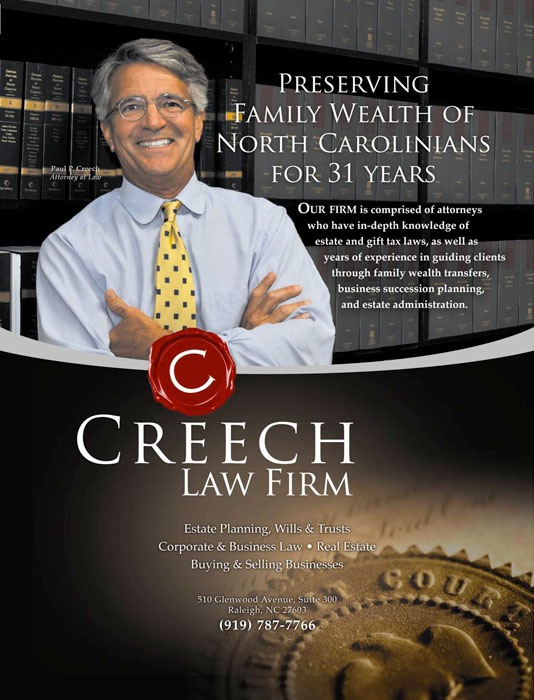The world of film and television is a captivating realm where stories come to life. Behind every blockbuster movie or hit TV show released on August 20 2005 lies an intricate web of creativity, hard work, and the undeniable spark of originality. For writers, screenplays are not just pages filled with dialogue; they embody dreams and visions waiting to be shared with audiences everywhere. But in this vibrant industry, protecting those unique ideas can feel like navigating a labyrinth. Intellectual property law is a crucial safeguard for creators aiming to protect their artistic contributions from unauthorized use. As you dive deeper into your writing journey, understanding how these laws apply can mean the difference between seeing your script on the big screen or watching someone else take credit for your brilliance. Let’s explore how intellectual property law plays a vital role in safeguarding film scripts and TV show concepts so that you can focus on what truly matters: telling compelling stories that resonate with viewers around the world.
Understanding Intellectual Property Law
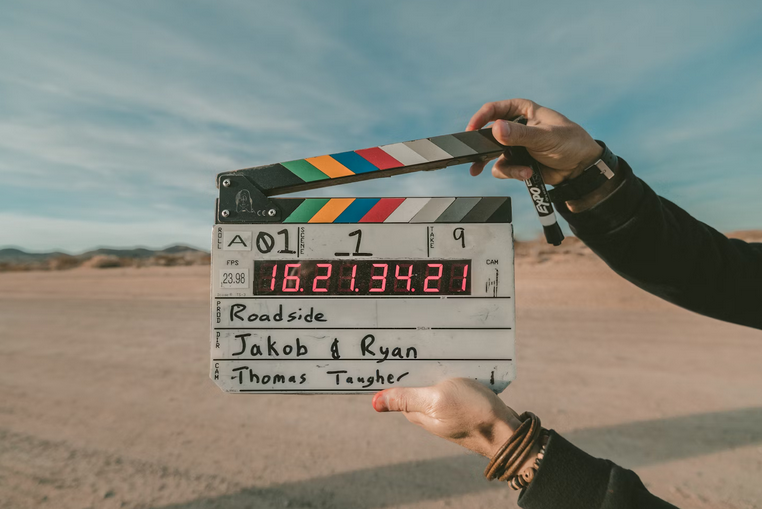
Intellectual property law encompasses a set of legal protections designed to safeguard creative works. This area of law is essential for writers, artists, and inventors who want to maintain control over their original ideas. At its core, intellectual property refers to creations of the mind anything from literature and music to inventions and designs. For filmmakers and television writers, protecting these unique expressions is crucial in an industry where ideas are constantly exchanged. Understanding the basics can empower creators. There are different types of intellectual property rights: copyrights guard artistic expressions; trademarks protect brand names; and patents cover inventions. Each serves a distinct purpose while providing opportunities for monetization.
How It Applies to Film Scripts and TV Show Ideas
Intellectual property law is crucial for writers in the film and television industry. It safeguards original ideas, ensuring that creators receive recognition and compensation for their work. When a writer develops a script or concept, they own the rights to that creation. This ownership protects against unauthorized use by others. If someone attempts to produce a similar show or film without permission, intellectual property laws provide recourse. Copyright plays a vital role here. Once a script is written down or recorded, it becomes automatically protected under copyright law. This means the creator has exclusive rights to reproduce, distribute, and adapt their work.

The Importance of Registering Your Work
Registering your work is a crucial step for any writer. It provides a legal foundation to claim ownership of your unique ideas. When you register, you create an official record. This can be invaluable if disputes arise down the line. Having documentation helps establish that you’re the original creator. Moreover, registered works often receive stronger protection under copyright law. This can deter potential infringers who may think twice before using something that’s officially protected. Additionally, registration opens doors for potential licensing opportunities. Producers and directors are more likely to consider scripts with clear ownership status.
Common Forms of Protection for Scripts and Ideas
Writers have several tools at their disposal to safeguard their scripts and ideas. Copyright is the most common form of protection, automatically granted once a work is created and fixed in a tangible medium. This means that as soon as you write your script, it’s protected from unauthorized use. Another option is to register with the U.S. S. Copyright Office for enhanced legal benefits. Registration provides legal evidence of ownership and makes it easier to sue in case of infringement. Non-disclosure agreements (NDAs) are also crucial when sharing your ideas with potential collaborators or producers. These contracts legally bind parties to confidentiality, helping ensure that your concept stays under wraps.
Challenges in Protecting Intellectual Property in the Entertainment Industry

The entertainment industry is a creative playground, but it comes with significant challenges for intellectual property protection. Ideas flow freely among writers, producers, and directors. This environment can make it hard to establish ownership. Many creators fear that sharing their work could lead to theft or unauthorized adaptations. The informal nature of pitch meetings often leaves verbal agreements unprotected and open to misinterpretation. Then there’s the issue of copyright infringement. With countless scripts circulating online, tracking down potential violations becomes a daunting task. Enforcement is costly and time-consuming.
Understanding intellectual property law is crucial for any writer navigating the film and television industry. It acts as a shield, safeguarding your creative ideas from potential theft or misuse. Whether you’re crafting a unique script or pitching a groundbreaking show concept, knowing how to protect your work can significantly impact your career.

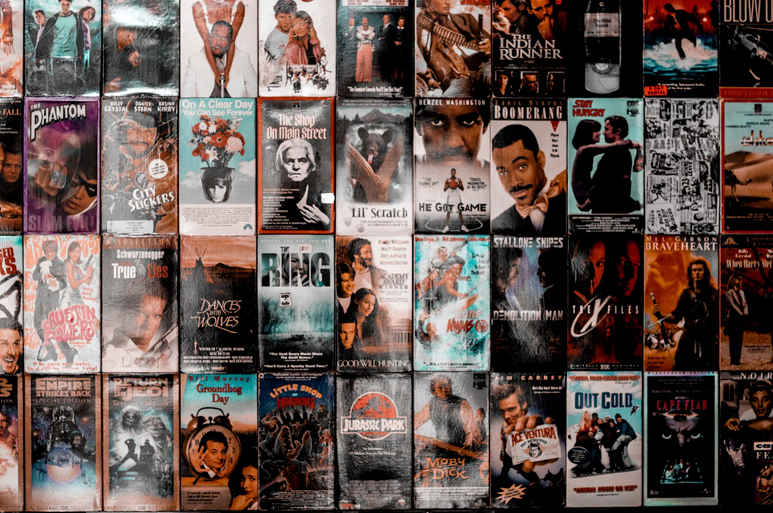






 Flight compensation can generally be divided into two main categories:
Flight compensation can generally be divided into two main categories: If you believe you’re entitled to flight
If you believe you’re entitled to flight 
 One way to get legal advice is to hire a solicitor. Solicitors are qualified legal professionals who provide advice and help people in court proceedings. They have the expertise to assess your situation and advise you on the best course of action moving forward. If you plan on hiring one, consider checking solicitor frankston. They are known for giving their clients the best results. In fact, they have an extensive list of satisfied customers who can attest to their expertise.
One way to get legal advice is to hire a solicitor. Solicitors are qualified legal professionals who provide advice and help people in court proceedings. They have the expertise to assess your situation and advise you on the best course of action moving forward. If you plan on hiring one, consider checking solicitor frankston. They are known for giving their clients the best results. In fact, they have an extensive list of satisfied customers who can attest to their expertise.
 The divorce process is complicated, and a good lawyer will be able to guide you through it. They will explain the different steps involved and help you understand what to expect. They will also be able to answer any questions you have about the process. This can be very helpful, especially if you feel overwhelmed by everything going on.
The divorce process is complicated, and a good lawyer will be able to guide you through it. They will explain the different steps involved and help you understand what to expect. They will also be able to answer any questions you have about the process. This can be very helpful, especially if you feel overwhelmed by everything going on. This could significantly impact your future, so it is well worth hiring a lawyer to protect your interests. Unfortunately, most people who choose to represent themself in divorce proceedings end up regretting it later on.Hiring a lawyer may not be something you want to do, but it is often the best course of action. If you are going through a divorce, hire an experienced lawyer who can help protect your interests and ensure that you receive what you are entitled to.
This could significantly impact your future, so it is well worth hiring a lawyer to protect your interests. Unfortunately, most people who choose to represent themself in divorce proceedings end up regretting it later on.Hiring a lawyer may not be something you want to do, but it is often the best course of action. If you are going through a divorce, hire an experienced lawyer who can help protect your interests and ensure that you receive what you are entitled to. Not all divorce proceedings end up in court, but if yours does, then you’ll want a
Not all divorce proceedings end up in court, but if yours does, then you’ll want a 
 It is essential to note that many factors come into play when claiming that your car is a lemon. The law is a vast field, and most people are not aware of certain types of laws and how they work. Some people who choose to go to court without a lawyer tend to find the situation frustrating. An experienced attorney will be essential in advising and guiding you on the right steps to take.
It is essential to note that many factors come into play when claiming that your car is a lemon. The law is a vast field, and most people are not aware of certain types of laws and how they work. Some people who choose to go to court without a lawyer tend to find the situation frustrating. An experienced attorney will be essential in advising and guiding you on the right steps to take. Most manufactures are not willing to pay a consumer as it may cost a significant amount of money. Most of those who represent themselves in court do not have strong cases, and as a result, they end up losing. If you would like to have a higher chance of winning a case, you should consider hiring a lemon law attorney.
Most manufactures are not willing to pay a consumer as it may cost a significant amount of money. Most of those who represent themselves in court do not have strong cases, and as a result, they end up losing. If you would like to have a higher chance of winning a case, you should consider hiring a lemon law attorney. It is essential to note that you do not have to pay the attorney. Many people have financial problems, which might be one reason you want some compensation from the car manufacturer. It is crucial to note that the manufacture will take care of the legal fees of the attorney you hire. Since you will not have to pay for the services offered by an attorney, there is no harm in hiring one.
It is essential to note that you do not have to pay the attorney. Many people have financial problems, which might be one reason you want some compensation from the car manufacturer. It is crucial to note that the manufacture will take care of the legal fees of the attorney you hire. Since you will not have to pay for the services offered by an attorney, there is no harm in hiring one. Once you decide to hire a car accident lawyer, make sure you take your time to gather referrals. If you have family relatives or friends who have been involved in car accident cases, they can refer you to the best attorneys. Take this opportunity and find reliable lawyers.
Once you decide to hire a car accident lawyer, make sure you take your time to gather referrals. If you have family relatives or friends who have been involved in car accident cases, they can refer you to the best attorneys. Take this opportunity and find reliable lawyers. Experience is another vital factor you need to consider when choosing a professional car accident attorney. An experienced lawyer will have a great deal of knowledge that can enable you to win your case. In other words, they will offer you the edge you need t get the settlement you deserve based on your case.
Experience is another vital factor you need to consider when choosing a professional car accident attorney. An experienced lawyer will have a great deal of knowledge that can enable you to win your case. In other words, they will offer you the edge you need t get the settlement you deserve based on your case.

 different people who have had the chance of being represented by a lemon law attorney. Ask the critical things you need to know about their representation or services. Doing so will give you a variety of options to choose from.
different people who have had the chance of being represented by a lemon law attorney. Ask the critical things you need to know about their representation or services. Doing so will give you a variety of options to choose from.
 criminal law entails. The criminal lawyers having been in the field for long have the expertise of the law and understand what the law explains on various matters related to criminal law. Therefore hiring a criminal attorney will save you the hassle of defending yourself since the lawyer will defend you diligently and you may end up winning the case.
criminal law entails. The criminal lawyers having been in the field for long have the expertise of the law and understand what the law explains on various matters related to criminal law. Therefore hiring a criminal attorney will save you the hassle of defending yourself since the lawyer will defend you diligently and you may end up winning the case. In most court cases the evidence plays a significant role in determining the case. Therefore you need to handle your evidence well when you present it to the court. However you may end up destroying evidence without your knowledge, but with a criminal defense lawyer, you will be able to have the evidence kept and explained in your favor. Similarly, the attorney will know how to defend you based on the evidence that is presented to you.
In most court cases the evidence plays a significant role in determining the case. Therefore you need to handle your evidence well when you present it to the court. However you may end up destroying evidence without your knowledge, but with a criminal defense lawyer, you will be able to have the evidence kept and explained in your favor. Similarly, the attorney will know how to defend you based on the evidence that is presented to you.


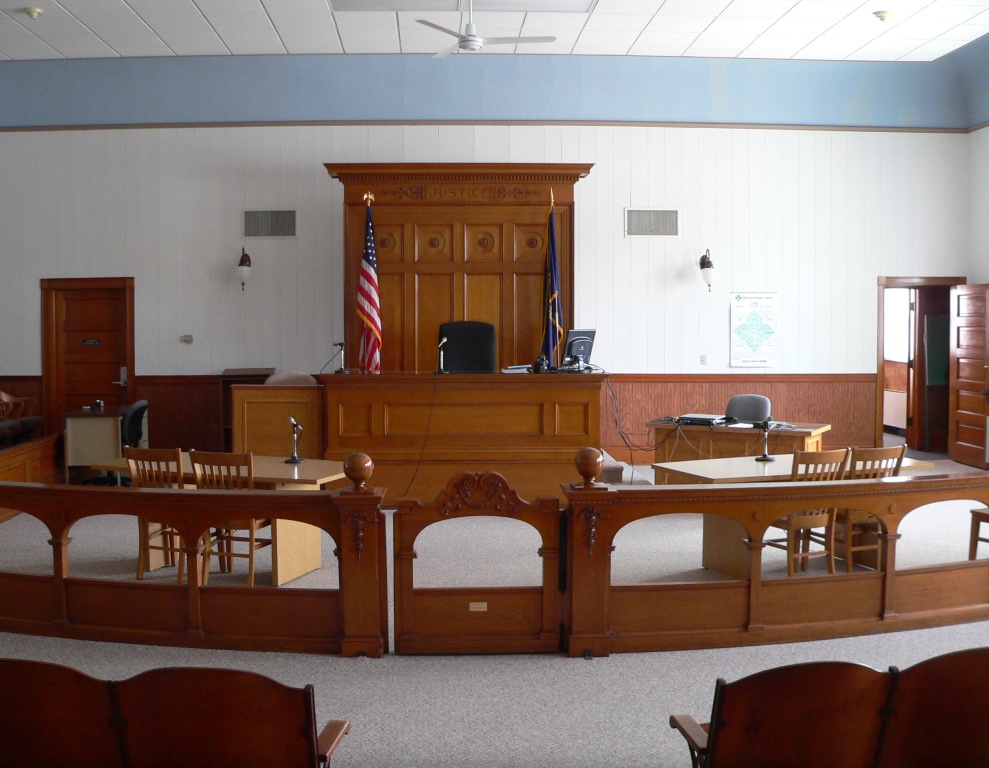
 It is common for people to get on the wrong side of the law. Crimes like murder, fraud, and robbery among others are some of the charges to which one will need legal representations in a court of justice. They are considered to be crimes against the state, and your lawyer will battle to reduce the punishment you will get if found guilty. Criminal lawyers need to understand the law in details if they have to succeed. You can get a pasadena criminal defense attorney with ease today should you need one.
It is common for people to get on the wrong side of the law. Crimes like murder, fraud, and robbery among others are some of the charges to which one will need legal representations in a court of justice. They are considered to be crimes against the state, and your lawyer will battle to reduce the punishment you will get if found guilty. Criminal lawyers need to understand the law in details if they have to succeed. You can get a pasadena criminal defense attorney with ease today should you need one. Another area with a frequent need for legal services is the accidents legal services. People are involved in accidents on a daily basis due to various factors like drunkards, driving at night with poor lights and vehicle fault. People get injured in the process, and others require compensation, medical bills payments and law insurance claim help. It is only through an accident lawyer that people can achieve solutions to these problems.
Another area with a frequent need for legal services is the accidents legal services. People are involved in accidents on a daily basis due to various factors like drunkards, driving at night with poor lights and vehicle fault. People get injured in the process, and others require compensation, medical bills payments and law insurance claim help. It is only through an accident lawyer that people can achieve solutions to these problems.

 ettlement
ettlement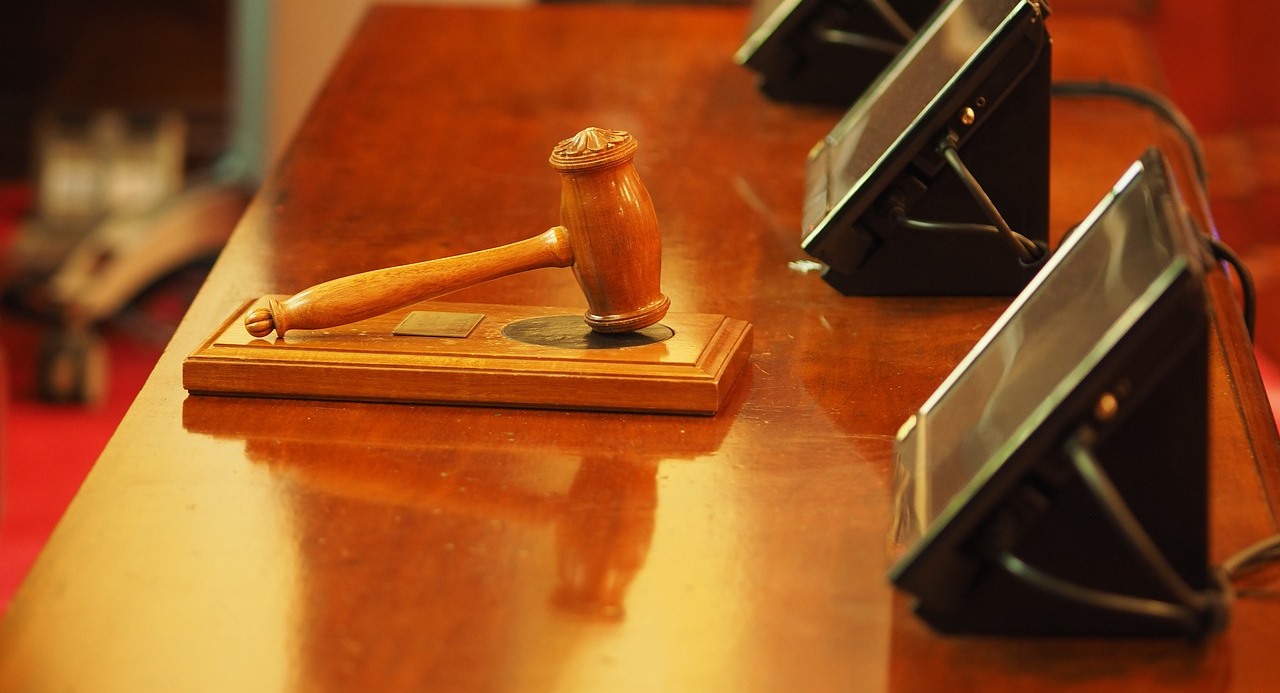

 Most reputable attorneys have some affiliation to a legal body. This serves as a proof of their good standing in this area of law. As such, if you feel like you need to check the legal background of the lawyer, you should at the school he attended, how many people he or she has helped along with their chances of success. This info can be obtained from the Association, which will go a long way in making the selection process a success.
Most reputable attorneys have some affiliation to a legal body. This serves as a proof of their good standing in this area of law. As such, if you feel like you need to check the legal background of the lawyer, you should at the school he attended, how many people he or she has helped along with their chances of success. This info can be obtained from the Association, which will go a long way in making the selection process a success.